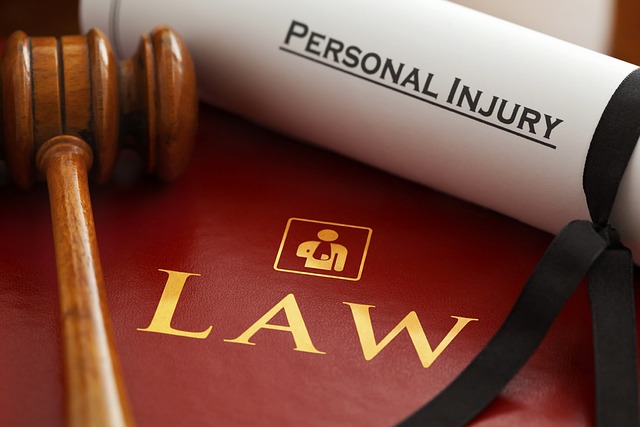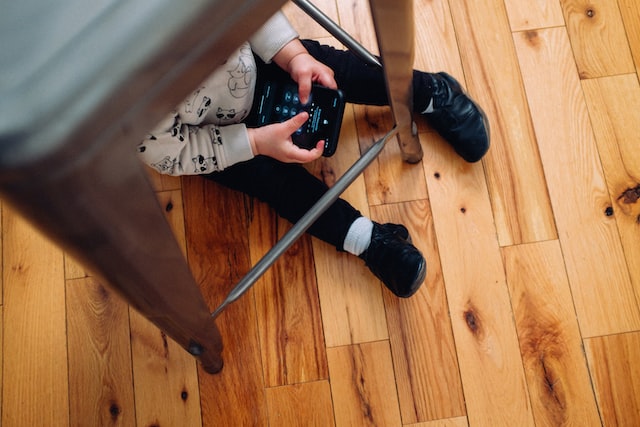Have you or a loved one suffered injuries after tripping and falling on a third party’s premises? If so, you can file a claim under premise liability and win compensation for your injuries. Property owners are legally obligated to ensure their premises are free from hazards that may injure persons visiting the area.
However, winning compensation for a slip and fall accident claim is more challenging than simply presenting your case. Besides proving the property owner’s negligence, other factors may affect your claim. If you want to learn more about the issue, you can find out more by visiting this website. In the meantime, let’s look at some factors to keep in mind.
Severity and Evidence of Injury
Slip and fall incidents can lead to serious injuries, leaving you in severe pain or completely changing your life. The impact from the fall could tear a ligament, dislocate your spine, or cause brain trauma. These injuries could lead to unbearable medical bills or could make you lose your source of livelihood.
As such, slip and fall compensations are given according to the severity of injuries you suffered and how much they negatively affected your life. So, the more severe the injury, the higher the compensation.
Nonetheless, you must produce hard evidence of your injuries before the jury. Ensure you have medical records ascertaining the severity of your injuries to influence the claim in your favor. Similarly, you must pin the injuries on the defendant’s negligence on their premises. Pictures of the scene showing apparent signs of unattended hazards will suffice.
Statute of Limitations
State and federal laws place liability on property owners who don’t take precautions to ensure persons are not hurt on their premises. Thus, if you get injured on their property, they may be forced to pay various damages to cushion you. However, the statute of limitations in Florida requires personal injury claims to be filed within four years after the incident.
You may be ineligible for compensation if you file your slip and fall claim after the period lapses. Your case will be thrown out irrespective of the severity of the injury you suffered. Therefore, it is essential to have your case filed immediately after the slip and fall incident.
Danger Warnings
Establishments must put signs around hazards to alert people strutting through the premises to take necessary precautions. The signs should be visible to mitigate the proprietor’s liability for any injuries suffered in the establishment.
However, if there were no warning signs, and the management did nothing to mitigate the situation, you are entitled to compensation in case of injury. The presence of a warning sign could immensely influence your case.
Reason for Visiting the Premises
For a property owner to be liable for your slip and fall incident, you must prove that you were legally on their premises. You must have been invited into the area, be a customer, or be licensed to operate within the premises. Evidence of trespassing could invalidate your claim.
Waivers
A waiver is a document that relinquishes liability from an at-fault party if their actions or omissions contribute to your injury. It ascertains that you were aware of the risks within the premises, thus contributing to your injury in case of a slip and fall.
Property managers may sometimes ask you to sign a waiver before entering the premises or after a slip and fall incident within the area. Signing these waivers negatively influences your case as they release the owner of any accountability.
Conclusion
Slip and fall accidents are dangerous as they could leave you with terrible injuries and substantial medical bills. The accidents could also result in life-long injuries that significantly affect your quality of life. While settlements from a slip and fall claim cannot reverse the hands of time, they could go a long way in ensuring your comfort despite the injury. Therefore, it is important to know factors that could influence your claim to increase your chances of success.







